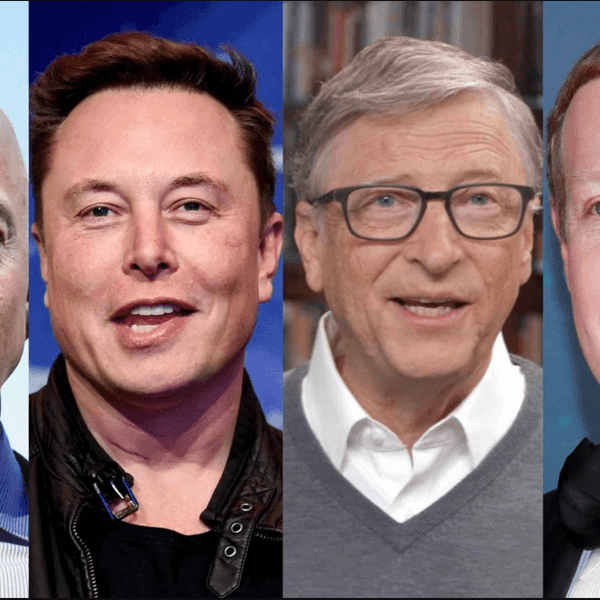
By Monte Morin, Los Angeles Times (TNS)
LOS ANGELES — A single conversation with a gay or lesbian door-to-door canvasser had the ability to change attitudes on same-sex marriage in neighborhoods that overwhelmingly opposed such unions, according to new research.
In a study conducted in Los Angeles County and published Thursday in the journal Science, researchers found that when openly gay canvassers lobbied a household resident about same-sex marriage, the resident was more likely to form a lasting and favorable opinion of gay marriage than if the canvasser was heterosexual.
The doorstep conversations also had a measurable “spillover effect,” in which some household residents who did not speak with the gay canvasser also formed a positive opinion of gay marriage, researchers said.
The experiment was modeled after public outreach campaigns conducted by the Los Angeles LGBT Center in voting precincts that overwhelmingly supported Proposition 8, the 2008 state ballot measure that repealed same-sex marriage.
The finding is unusual in that many previous studies have found that active canvassing or political advertising do little to alter firmly held opinions. In fact, researchers were so skeptical of their results the first time that they re-ran the experiment and duplicated their initial results.
“I was totally surprised that it worked at all,” said lead author Michael LaCour, a UCLA doctoral candidate in political science.
“A lot of time we find in social science that most things don’t work, they don’t change people’s minds. But we found that a single conversation was able to change voters’ minds up to a year later.”
LaCour conducted the study with Donald Green, a political science professor at Columbia University.
In all, 9,507 residences were involved in the experiment. Of the 41 canvassers, 22 were gay and 19 were straight.
Residents were randomly assigned to one of three different groups: a treatment group, in which they were lobbied on same-sex marriage; a placebo group, in which recycling was discussed instead of gay marriage; and a control group where nobody was canvassed.
The face-to-face meetings lasted roughly 20 minutes, according to researchers. Gay marriage canvassers would follow a specific script in which they asked residents to name the benefits of marriage. If the canvasser was gay, they would then inform the resident and say they wanted to experience the same benefits. Straight canvassers on the other hand said they were hoping that a close relative who was gay could enjoy the benefits of marriage.
Researchers said that immediately after the canvassing experiment, follow-up surveys showed an 8 percent increase in favorable opinions of same-sex marriage — up from an initial acceptance rate of 38 percent.
The researchers followed up a year later to find out whether the positive opinions had gained ground or diminished.
LaCour said that in cases where the canvasser was gay or lesbian, positive opinions on same-sex marriage had increased a total of 14 percent above baseline. In comparison, the positive opinion rate among the control and placebo groups had fallen to 3 percent above the baseline rate.
The researchers also noted that some of the residents’ housemates also expressed favorable opinions even though they had not spoken with the canvasser. Researchers said this suggested a spillover effect, in which they were influenced by second-hand exposure to the lobbying visit.
“It’s interesting that the effects had the same initial impact whether its a gay or straight person, but that the effect is lasting when its a gay person,” LaCour said. “You forget the message but you remember the messenger.”
The field experiment was conducted in 2013, during the month leading up to a U.S. Supreme Court decision that effectively overturned Proposition 8.
LaCour said that there was no difference in effect when researchers accounted for race or gender. However he said there was a slightly more positive effect when a gay canvasser was initially perceived as being straight.
“There seems to be something powerful about a counter-stereotypical person advocating,” LaCour said.
AFP Photo/George Frey








